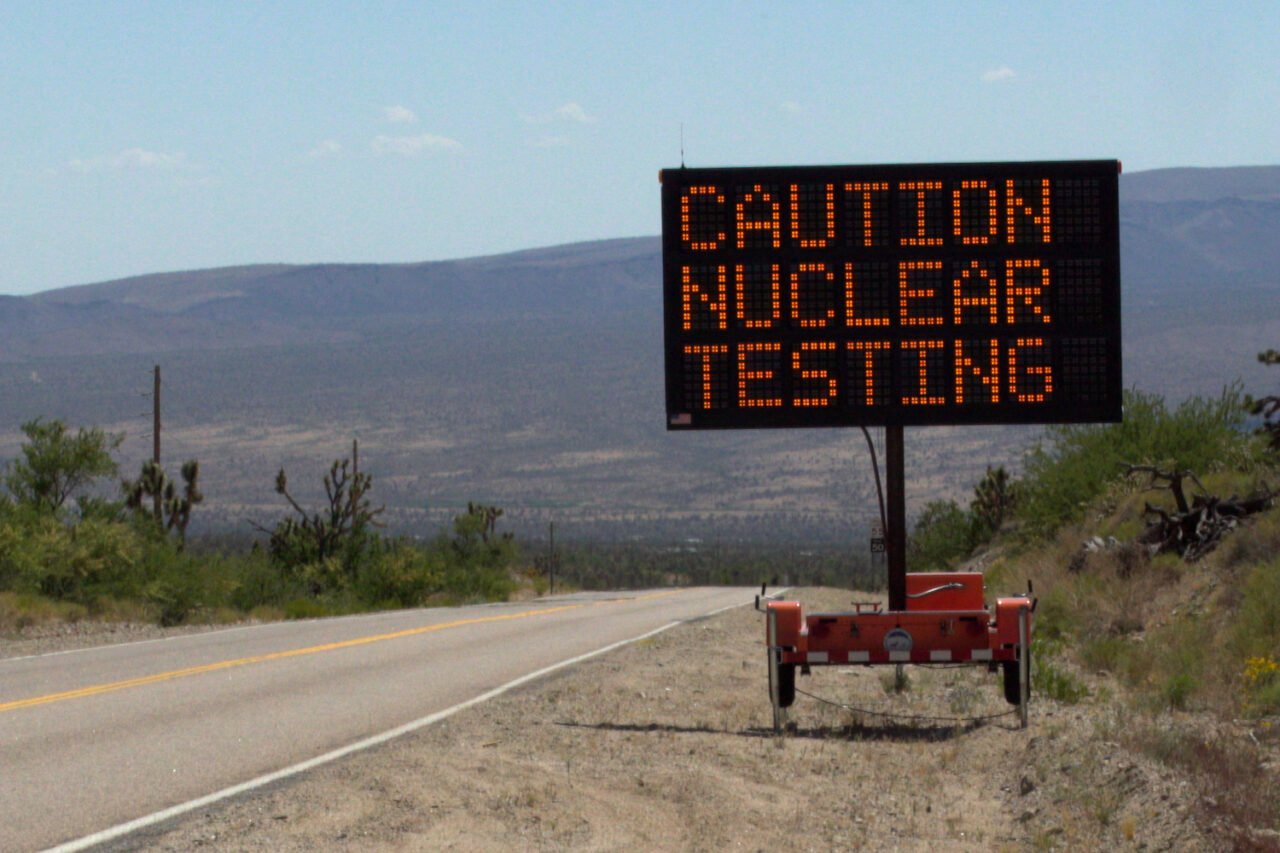**US Treasury Opens Door for Buyers to Negotiate for Lukoil’s Foreign Assets—But Time’s Running Out**
The United States Treasury just gave buyers a way in. On Friday, it issued a special license allowing companies to start negotiating with Lukoil over its foreign assets. The catch? They’ve only got until December 13 to close a deal, while sanctions imposed by President Donald Trump kick in on November 21 against the Russian oil giant.
This move is Washington’s way of letting buyers make a deal without disrupting global energy supply chains. However, it’s not a free-for-all. The US still wants to choke off Russia’s oil revenue—especially from its second-biggest player—but it also knows that completely cutting Lukoil out would mess with gas stations, refineries, and pipelines across the globe. For now, negotiation windows are open.
**Gunvor Blocked, Carlyle Steps In, Treasury Sets Harsh Terms**
Last week, the Treasury Department blocked a proposed deal by Swiss firm Gunvor to buy Lukoil’s global business, calling Gunvor a “Kremlin puppet.” With that door now closed, US private equity group Carlyle is reportedly interested in Lukoil’s assets. However, Carlyle has yet to begin any due diligence on Lukoil’s oilfields, refineries, or gas station network.
Even if Carlyle—or any other suitor—wants a piece of Lukoil, getting a deal done won’t be easy. The Treasury will only approve deals that fully separate Lukoil from its international operations. Additionally, any sale proceeds must be placed into a blocked account. Lukoil can’t touch the funds unless— and only if—sanctions are lifted. No exceptions.
For its part, Lukoil saw the writing on the wall. Just days after sanctions targeted both it and Rosneft, Russia’s largest oil producer, Lukoil announced it would sell its international portfolio. The portfolio is significant: 2023 financial reports value Lukoil’s overseas assets at approximately $22 billion, spanning oil and gas fields in Iraq, Central Asia, and Mexico.
**Waivers Issued to Limit Global Fallout**
It’s not just oil companies trying to make deals—governments worldwide have voiced concerns over these sweeping sanctions, warning the US about potential disruptions to the global energy supply. In response, the Treasury also issued waivers on Friday to minimize market chaos.
One waiver allows nearly 200 Lukoil-branded petrol stations, including those in the US, to keep operating until December 13. This gives them some, though limited, breathing room.
Another extension covers Bulgaria, where Lukoil’s refinery provides much of the country’s fuel. The refinery, its network of gas stations, and its jet and ship fuel operations can continue trading until April next year. The Bulgarian government had already begun nationalizing the facility to avoid a shutdown when the original November 21 deadline hit.
Kazakhstan received a further waiver as well. Transactions tied to the Caspian Pipeline Consortium and stakes in the Tengiz, Korolev, and Karachaganak oil fields—which have ties to both Lukoil and Rosneft—are allowed until January 10. Cutting these off without preparation could disrupt oil flows throughout Central Asia.
*Stay tuned for further updates as the December 13 deadline approaches and the global energy landscape shifts in response.*
https://bitcoinethereumnews.com/finance/us-allows-buyers-to-negotiate-for-lukoils-overseas-assets-until-december-13-despite-sanctions-starting-november-21/



